ILC members are doing amazing work, leading the fight for a more just and equitable world. In celebration and recognition of this, the second ILC Award was awarded during the 2018 Global Land Forum in Bandung, Indonesia. Between July and November 2017, ILC members were asked to share their good practices – processes, methodologies and tools that they used to generate positive change in the framework of the ILC’s 10 commitments for people-centred land governance. All members were then given the chance to vote for who they thought had shown exemplary contribution to securing the land rights of women and men living in conditions of poverty.
WHAT IS IT?
ILC AWARD RECIPIENT
Ogiek Peoples’ Development Program, Kenya
ILC is proud to announce that the winner of the second ILC Awards is the Ogiek Peoples’ Development Program (OPDP)!
The Ogiek community brought a land rights case against the Government of Kenya at the African Court on Human and Peoples’ Rights, after exhausting all local redress mechanisms. The case attracted attention from the international community, and helped to hold the government to a higher standard of accountability. It enabled the Ogiek people to address violations of their rights to human dignity, worship, education, property, and association, among others. During the case, the Ogiek Peoples’ Development Program (OPDP) documented community by-laws, maps, and protocols for the management of communal lands, and used this information to engage the government in seeking legal ownership of the land. The African Court found in favour of the Ogiek community, recognising them as an indigenous community in Kenya and restoring their land rights.
Want to know more about OPDP and their work? Read this photo essay or watch this video:
ILC AWARD NOMINEES
10 other organisations were also nominated for the second ILC Award. Although they did not win this year, their work is nonetheless incredibly valuable in protecting land rights across the world.
IFAD/IPAR, Senegal
Association for Rural Advancement, South Africa
Dana and Qadisiyah Local Community Cooperative, Jordan
In Tafla in southern Jordan, the Dana and Qadisiyah Local Community Cooperative (DQLCC) has set up a sustainable tourism partnership with a group of local farmers by establishing a small camp for tourists on the edge of a nature reserve. Since the local community has limited rights of access to its land and no rights of use, management, or alienation, DQLCC is working to strengthen the livelihoods of community members. The Wadi Dana tourist camp, which is working towards eco status, is operated by local people and volunteers, and provides community members with employment and work experience opportunities. A small team provides “hotel services” for guests staying in tents and chalets: food is prepared by a female home cook, and guests are offered traditional “village life experiences” and guided hikes, led by shepherds (mainly youths) and farmers. Eco-tourism is strengthening community livelihoods, promoting a traditional lifestyle, providing an alternative to migration, and promoting improved land and ecosystem management.
